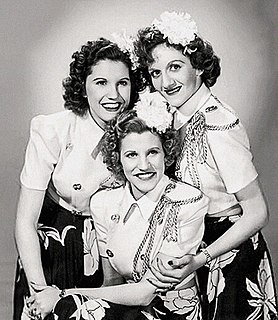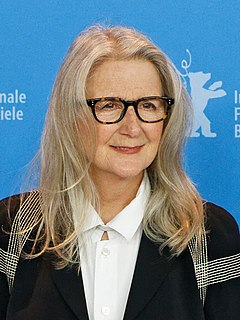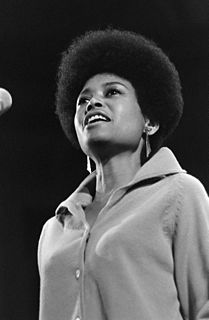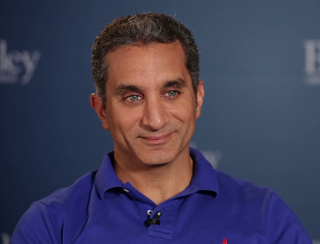A Quote by Patty Andrews
We were such a part of everybody's life in the Second World War. We represented something overseas and at home - a sort of security.
Related Quotes
There were no "unemployed" in the impoverished Polish countryside before the Second World War. Not a single unemployed. Every child that was born in the peasant family had his room at the table and his job in the field, stable or pigsty... If there was not enough food, everybody got less. If food was plentiful, everybody ate better. In such a setting, we may say, the problem of security couldn't even arise... One was born with life-long rights; the only thing that one could not do was to change them. A setting good on the side of security, though bad on the side of freedom.
Between the postwar fifties - domesticity, people happy to be alive after the Second World War, wanting to build a home, make a family, make a nest. Women were pushed back into the home after having been active in the Second World War. It was a big Doris Day moment for women, which didn't suit all women.
When I worked with General Electric, again this was soon after the Second World War, you know, I was keeping up with new developments and they showed me a milling machine and this thing worked by punch cards - that's where computers were at that time, and everybody was sort of sheepish about how well this thing worked because in those days machinists were treated as though they were great musicians because they were virtuosos on these machines.
... there was the first Balkan war and the second Balkan war and then there was the first world war. It is extraordinary how having done a thing once you have to do it again, there is the pleasure of coincidence and there is the pleasure of repetition, and so there is the second world war, and in between there was the Abyssinian war and the Spanish civil war.
In the period after the Second World War, there were still leaders in Europe who represented weak countries, but possessed a sense of global foreign policy. Nowadays, on the other hand, there are politicians who represent pretty powerful countries, but whose citizens are not prepared to sacrifice themselves for the state.
There was a time, right up until the end of the Second World War and beyond, when white people in Europe thought that they basically owned the world and that everybody else was a sort of servant, or a curiosity, or whatever. And that informed 99 percent of the photographic practice that was done. Without being able to address that, I felt I would have failed in my attempt to explain what the urge to document is.




































